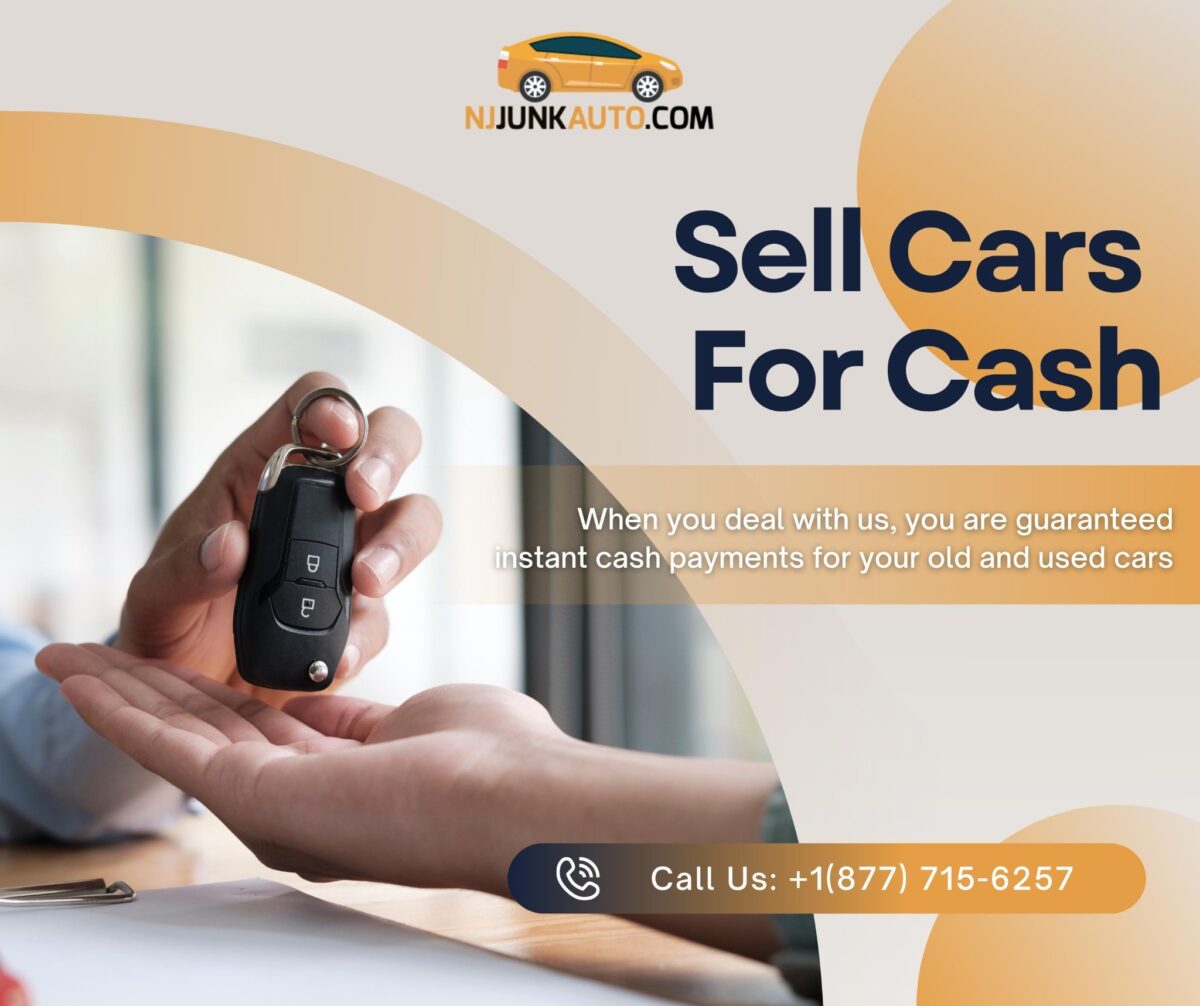Are you ready to bid farewell your trusty old car and pocket instant cash? The good news is that you’re not alone! Many people are turning to instant cash for car providers to make the process smoother and quicker.
Selling your used car for instant cash can be both exciting and overwhelming. With numerous providers in the market vying for your vehicle, it’s crucial to know how to compare their offers effectively. Let’s break down the process into simple steps to ensure you get the best deal.
But before we get into the details, let’s understand how these services work. When you sell your car for cash, they first assess your vehicle’s condition, age, and market value to make you an offer on the spot. It is a good option because you don’t need to deal with or wait for potential buyers and continue with complicated negotiations. You simply need to contact them, and the process goes smoothly and quickly. With these, let’s see how we can compare offers from different instant cash-for-car providers.
Research multiple providers
The first thing you need to do is create a list of cash-for-car providers in your area. How to do it? In the internet age, everything is possible; you can have an online search, or if that doesn’t seem reasonable, you can ask for recommendations. Remember, variety is key to making informed decisions, so cast a wide net. Look for reviews and testimonials from other sellers on your list who have used the providers’ services.
Get multiple quotes
Okay, the next thing is to settle for the first offer that comes your way. Reach out to multiple cash for car providers to get quotes. Most reputable services offer free and quick quotes either online or through a simple phone call. Why so? Because when you have multiple offers, you get the leverage in negotiations and can ensure you’re getting a fair deal.
Compare, compare and compare
After you receive quotes, make sure you’re comparing similar offers. Review them thoroughly and note any hidden fees or services included in the offer. Some providers offer free towing, while others may deduct towing expenses from your payout. Comparing them and getting an idea of the details will help you choose the one where you want your car and make good money from it.
Consider the Fine Print
Just because you got a high offer, you shouldn’t accept it at a go. Before jumping on the highest offer, read the fine print. Some offers may have conditions or requirements that could impact the final payout. Check for any hidden fees, payment terms, or obligations. Transparency is key to a smooth transaction.
Evaluate the Speed of the Process
One of the primary benefits when you sell used cars for instant cash is the speed of the transaction. Compare how quickly each provider can assess your car and hand over the money. A faster process is not only convenient but can also be an indicator of efficiency and reliability
.
Look at the additional services
Beyond the cash offer, consider any additional services offered by each provider. Some may provide free towing, handle paperwork, or offer other perks. These extras can add significant value to your overall selling experience.
After weighing all the factors, trust your instincts. If a particular provider gives you a good vibe and meets your criteria, it’s likely the right choice. The goal is to get the best offer and have a smooth and hassle-free selling experience.
Comparing offers from different instant cash-for-car providers can be simple. By understanding the basics, researching, and considering various factors, you can confidently choose the best option for selling your used car.



